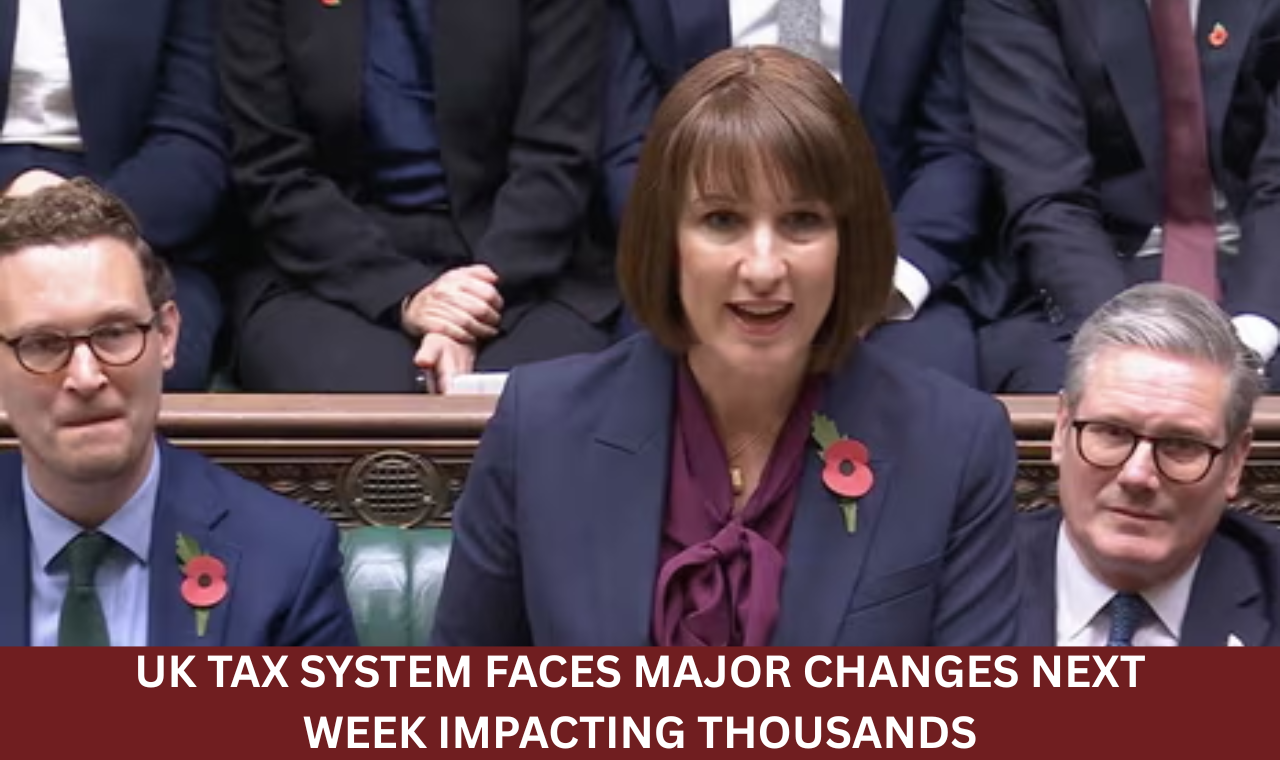Starting next week, the UK will roll out one of the most significant tax overhauls in recent decades, with changes that will impact thousands of individuals and businesses across the country. The reforms, set to take effect on April 6, 2025, include the abolition of the non-domiciled (non-dom) tax status, an increase in National Insurance contributions, changes to capital gains tax, and a host of other updates with wide-reaching implications.
Here’s a breakdown of what’s changing and what it means for you.
End of the Non-Dom Tax Regime
One of the most headline-grabbing elements of the new tax policy is the abolition of the non-dom tax status, which previously allowed certain UK residents to avoid paying tax on overseas income.
Under the new rules:
- UK residents who have lived in the country for more than four years will now be taxed on their worldwide income and gains, rather than just UK-sourced earnings.
- Foreign assets held by these individuals will be subject to UK Inheritance Tax (IHT) once the individual has been resident in the UK for ten years.
- The change is expected to affect wealthy international residents who previously benefitted from the remittance basis system.
The move is part of the government’s efforts to create a fairer tax system and boost public revenues. However, critics warn that the reform could drive wealthy individuals to relocate to more tax-friendly jurisdictions, potentially leading to capital flight.
You can read more on this update on HM Revenue & Customs (HMRC) guidance.
National Insurance Hike for Employers
Another major shift comes in the form of increased National Insurance contributions for employers:
- The rate for employers’ contributions will increase from 13.8% to 15% on salaries exceeding £5,000 per employee.
- To help small businesses cope, the Employment Allowance has been raised from £5,000 to £10,500 annually.
- Additionally, the £100,000 threshold that previously limited eligibility for the allowance has now been removed.
This move is seen as a way to raise additional funds without directly increasing personal income taxes, though some business groups have expressed concerns about the timing amid ongoing economic recovery efforts.
Details can be found on the GOV.UK National Insurance page.
Capital Gains Tax on Carried Interest
Investors and fund managers will face a higher Capital Gains Tax (CGT) rate on carried interest, which will increase to 32% starting April 6, 2025.
- This specifically targets investment professionals who receive a share of the profits (carried interest) from funds.
- Additional reforms are scheduled for April 2026, with draft legislation expected later this year.
While the government argues the change improves fairness in the system, some in the investment community argue it could make the UK less attractive for venture capital and private equity.
Council Tax Increases and Local Changes
The start of the new tax year will also bring council tax increases averaging 5% across England. Local authorities have been granted greater flexibility to raise rates in order to fund essential public services, particularly social care.
Residents are encouraged to check their local council websites for specific rates and payment options. You can find your local council through the GOV.UK council finder.

Stamp Duty Relief Ends – Housing Market Reacts
The temporary stamp duty relief introduced during the post-COVID recovery period has now ended, leading to ripple effects in the housing market:
- More than 53,000 homes were listed for sale in the first week of April, as sellers rushed to beat the change.
- Asking prices in key price bands have started to fall, particularly in areas most affected by the now-expired relief.
- Some sellers are reportedly reducing prices to absorb part of the stamp duty cost for buyers, which analysts say may stabilize the market in the short term.
Economic and Political Implications
Chancellor of the Exchequer Jeremy Hunt has described the changes as part of a long-term strategy to modernize the tax system, tackle inequality, and increase revenue in a way that aligns with fiscal responsibility.
However, opposition parties and business groups have expressed concern about the cumulative effect of the changes on business investment, job creation, and international competitiveness.
The Office for Budget Responsibility (OBR) will be closely monitoring the impacts, with an initial assessment expected in the summer.
What You Should Do Now
If you’re a UK resident, business owner, or investor, now is the time to:
- Review your tax residency and global income sources.
- Update payroll systems for the new National Insurance rates.
- Reassess investment strategies in light of CGT changes.
- Check local council websites for updated council tax bills.
You may wish to consult a tax advisor or accountant to understand how these changes impact your personal or business finances.
For further guidance, visit:
Conclusion
The 2025 UK tax reforms represent one of the most comprehensive overhauls in recent memory, touching everything from personal residency rules to business payroll obligations. While the government argues these measures are necessary to create a fairer and more sustainable tax system, they also mark a clear departure from some of the long-standing incentives that previously attracted international wealth and investment to the UK.

Pankaj Kumar is a skilled content writer at OTE News, focusing on breaking news, technology, and socio-political developments. With a background in Mass Communication, he brings a balanced perspective to his articles, ensuring clarity and reliability. Pankaj has a knack for simplifying complex topics for readers.
In his free time, he enjoys photography, traveling, and experimenting with new cuisines. His curiosity and dedication to truthful reporting make him a valuable contributor to OTE News.




